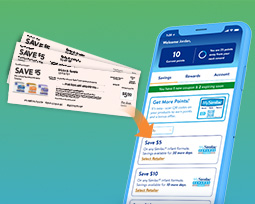-
Search
-
Login
-
My Cart
Join MySimilac® Rewards for up to $400* in benefits and support throughout your journey.
* Offers may vary and are provided by Abbott and its third-party partners. Additional terms, conditions, and restrictions may apply. Offers may be subject to additional shipping and handling fees. Visiting participating healthcare facilities may be required to claim select offers.

† Submit registration to read details.

† Submit registration to read details.

You’re just a few Clicks away from enjoying the convenience of digital savings from MySimilac® Rewards.